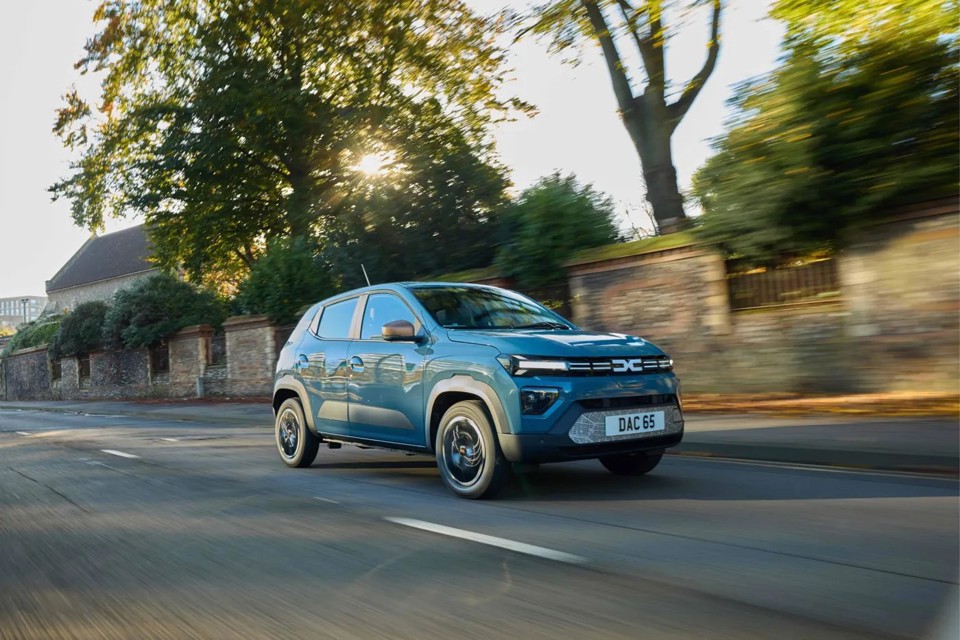The manual handbrake, once a defining feature of nearly every car, is rapidly disappearing.
In the last 12 months, just one out of 42 newly launched car models - the Dacia Spring - was fitted with this traditional feature, according to the CarGurus Manual Handbrake Report 2024.
The shift to electronic parking brakes is clear: just 49 out of 587 new models (8%) available in the UK today are equipped with a manual handbrake. This reflects a steady decline from 30% in 2019 to 9% in 2023, and now 8% in 2024.
Key trends driving the decline include the discontinuation of popular models like the VW Up!, Vauxhall Crossland, and Fiat Tipo Cross and new models such as the Fiat 600 Hybrid and Vauxhall Frontera, both equipped with electronic handbrakes.
A reduction in manufacturers offering manual handbrakes: 29 brands did so in 2019, but this figure has dropped to 19 in 2024 - a 34% decrease.
Dacia however remains a champion of the manual handbrake, with 80% of its range offering the feature. However, this contrasts sharply with manufacturers like BMW, Fiat, and Renault, all of whom have drastically reduced or eliminated manual handbrakes from their line-ups.
For consumers, the CarGurus guide to manual handbrakes provides insights into the benefits and drawbacks of both traditional and electronic systems, highlighting the ongoing evolution in car design and technology.
Chris Knapman, CarGurus editorial director, said: “As with many examples of automotive technology, the electronic parking brake started out as a luxury feature before slowly becoming more mainstream. By 2019, when CarGurus first started tracking how the electronic parking brake was taking over from the more traditional handbrake, the technology had already made its way into 70% of new cars.”
















Login to comment
Comments
No comments have been made yet.